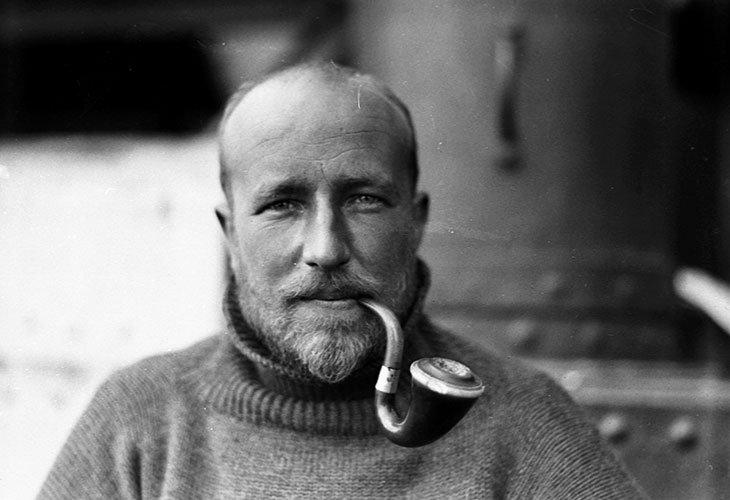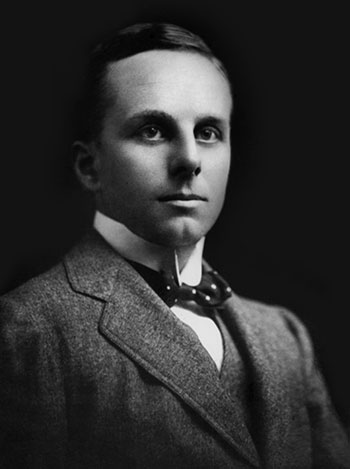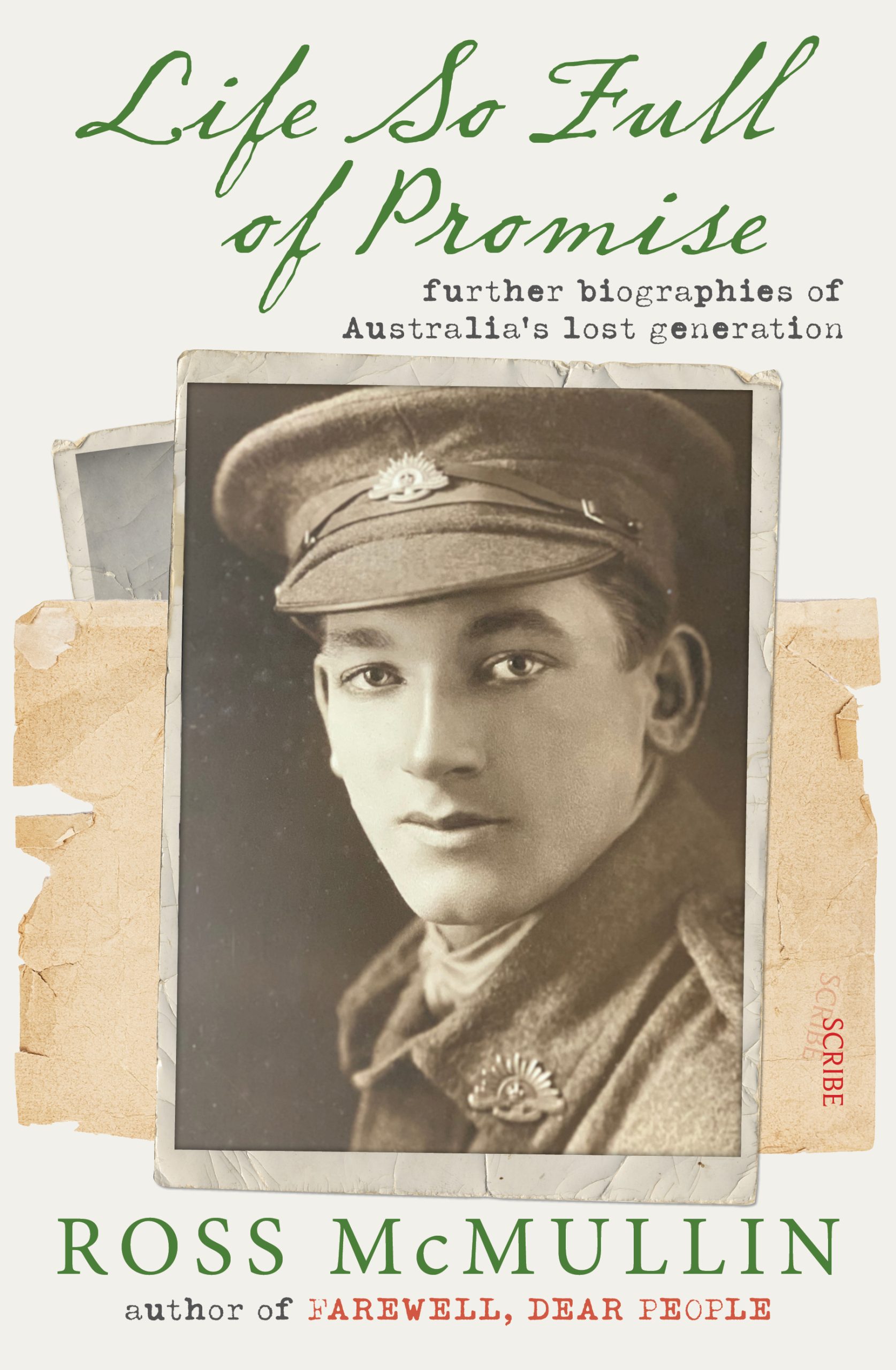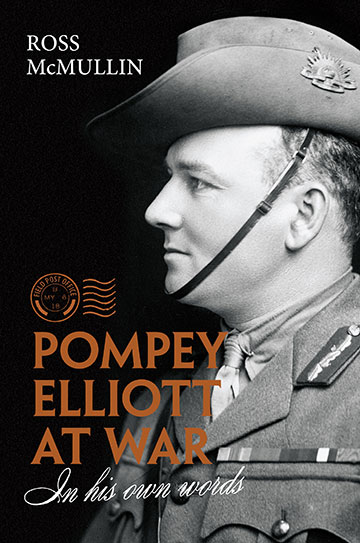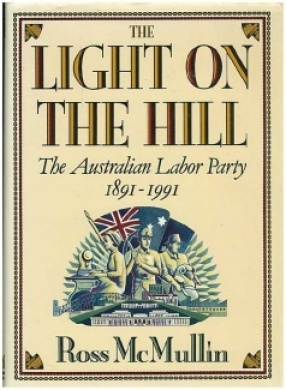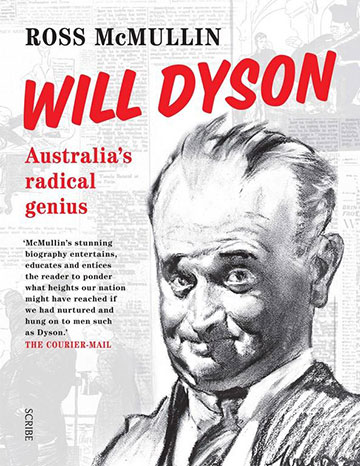Farewell, Dear People: Biographies of Australia’s Lost Generation
Farewell, Dear People: Biographies of Australia’s Lost Generation retrieves the lives of ten Australians of outstanding potential who exemplify their nation’s lost generation of World War I. Featuring prodigious research and acclaimed writing, the extended biographies bring to life these special but long forgotten Australians for the first time. They include an internationally renowned medical scientist, an Antarctic explorer, a Rhodes scholar, a barrister, a winemaker, a footballer, a rising Labor star and a popular farmer who inspired the film “Gallipoli”.
Farewell, Dear People was awarded the Prime Minister’s Prize for Australian History and also the National Cultural Award.
Paperback: $45.00
Publisher: Scribe Publications Pty Ltd
Available in: Hardback, Amazon Kindle, Apple iBook
ISBN: 9781921844669
Published: March 21, 2012
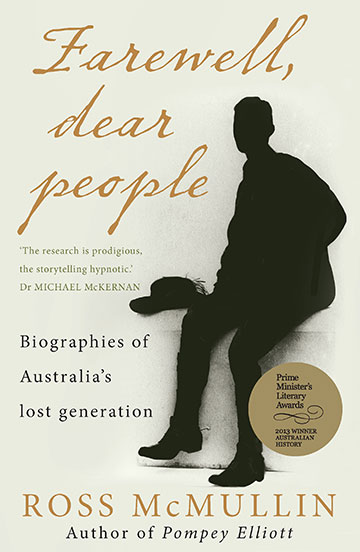
Available in:
